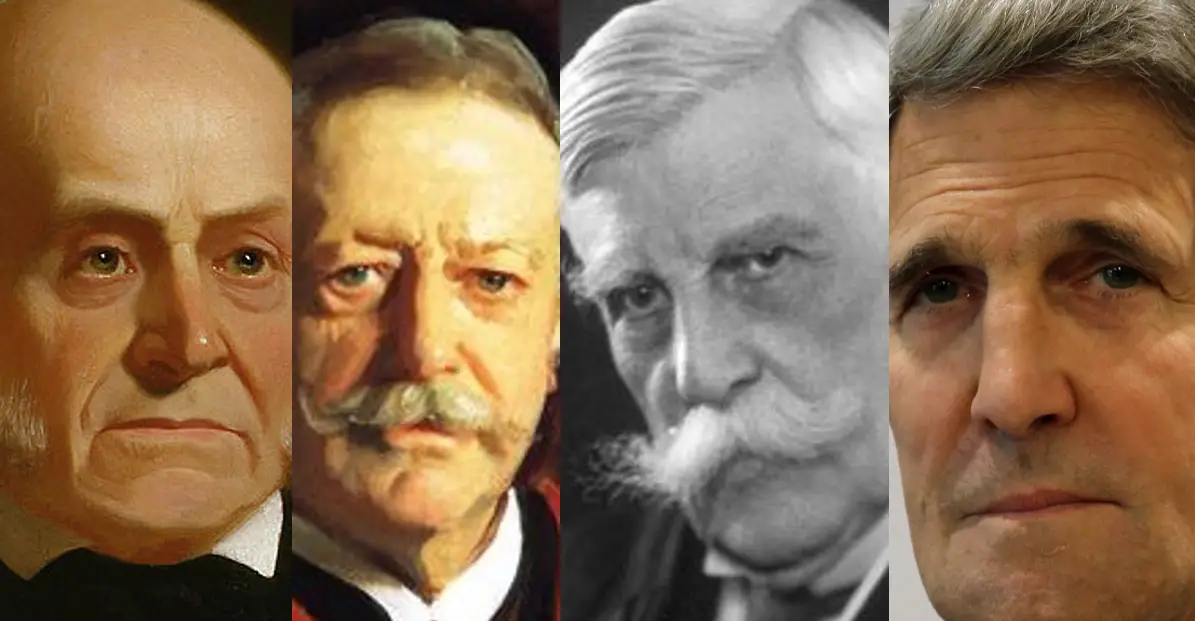The Boston Brahmin, a term coined by Oliver Wendell Holmes in 1861, refers to the elite group of families who dominated the social, economic, and cultural landscape of Boston, Massachusetts, for centuries. These influential families, including the Lowells, Cabots, and Gardners, played a significant role in shaping the city’s history and commerce. In this article, we will delve into the world of Boston Brahmin in business, exploring their contributions, values, and lasting impact on the city’s economy.

Early Beginnings
The Boston Brahmin emerged in the 17th century, when British colonists first settled in the area. These early settlers, many of whom were merchants, traders, and sailors, established trade relationships with other colonies and European countries. As the city grew, so did the influence of these families, who became instrumental in shaping Boston’s commerce and industry. They invested in shipping, textiles, and finance, laying the foundation for the city’s future economic prosperity.
Industrialization and Expansion
During the Industrial Revolution, the Boston Brahmin played a crucial role in the city’s transformation into a major industrial center. Families like the Lowells and the Lawrences invested heavily in textiles, establishing mills and factories along the Merrimack River. The introduction of new technologies and manufacturing processes enabled these families to expand their businesses, creating new opportunities for growth and employment.
The Boston Brahmin also dominated the city’s financial sector, with families like the Gardners and the Higginsons establishing banks, investment firms, and insurance companies. These institutions provided the necessary capital for businesses to expand and innovate, further solidifying Boston’s position as a hub of commerce.
Values and Philanthropy
The Boston Brahmin were known for their strong values and sense of social responsibility. Many of these families were actively involved in philanthropy, supporting causes such as education, healthcare, and the arts. The Lowell family, for example, founded the Lowell Institute, which provided free public lectures and educational programs for the city’s residents.
The Boston Brahmin also placed a strong emphasis on education, with many families supporting the establishment of prestigious institutions like Harvard University and the Boston Latin School. These institutions helped to foster a culture of intellectual curiosity and innovation, which would serve as a foundation for the city’s future economic growth.
Legacy and Impact
The Boston Brahmin’s influence on the city’s business landscape is still evident today. Many of the families’ historic companies, such as the Boston Stock Exchange and the Bank of Boston, continue to operate, albeit in modified forms. The city’s thriving biotechnology and healthcare sectors, for example, owe a debt to the early investments made by Boston Brahmin families in medical research and education.
The Boston Brahmin’s values of philanthropy, education, and social responsibility have also had a lasting impact on the city. The numerous cultural and educational institutions they supported continue to enrich the lives of Boston’s residents, while their commitment to community service has inspired generations of business leaders to follow in their footsteps.
Challenges and Critics
While the Boston Brahmin’s contributions to the city’s economy and culture are undeniable, their legacy is not without controversy. Critics argue that the families’ dominance of the city’s business and social scenes led to a lack of diversity and opportunity for other groups. The Boston Brahmin’s exclusive clubs and social organizations, such as the Somerset Club and the Algonquin Club, were often closed to outsiders, perpetuating a sense of elitism and exclusivity.
Additionally, the Boston Brahmin’s involvement in the city’s economy has been criticized for its role in perpetuating income inequality and limiting social mobility. The concentration of wealth and power among a small group of families has led to accusations of cronyism and favoritism, with some arguing that the Boston Brahmin’s influence has hindered the city’s ability to adapt to changing economic conditions.
FAQ
- Who were the Boston Brahmin?
The Boston Brahmin were a group of elite families who dominated the social, economic, and cultural landscape of Boston, Massachusetts, for centuries. - What industries did the Boston Brahmin dominate?
The Boston Brahmin were involved in a range of industries, including shipping, textiles, finance, and healthcare. - What values did the Boston Brahmin emphasize?
The Boston Brahmin placed a strong emphasis on education, philanthropy, and social responsibility. - What is the legacy of the Boston Brahmin?
The Boston Brahmin’s legacy can be seen in the city’s thriving biotechnology and healthcare sectors, as well as the numerous cultural and educational institutions they supported. - What criticisms have been leveled against the Boston Brahmin?
Critics argue that the Boston Brahmin’s dominance of the city’s business and social scenes led to a lack of diversity and opportunity for other groups, and that their involvement in the city’s economy has perpetuated income inequality and limited social mobility.
Conclusion
The Boston Brahmin’s influence on the city’s business landscape is a complex and multifaceted phenomenon, marked by both significant contributions and controversies. While their investments in industry, education, and philanthropy helped to establish Boston as a major commercial center, their dominance of the city’s social and economic scenes has been criticized for perpetuating inequality and limiting opportunity.
As the city looks to the future, it is essential to acknowledge the enduring legacy of the Boston Brahmin, while also working to create a more inclusive and diverse business environment. By recognizing the values of social responsibility, education, and innovation that the Boston Brahmin embodied, business leaders can build on the city’s rich history and create a brighter future for all its residents. Ultimately, the story of the Boston Brahmin serves as a reminder of the power of entrepreneurial spirit and the importance of giving back to the community, values that continue to shape the city’s business landscape today.
Closure
Thus, we hope this article has provided valuable insights into The Enduring Legacy of Boston Brahmin in Business. We thank you for taking the time to read this article. See you in our next article!




